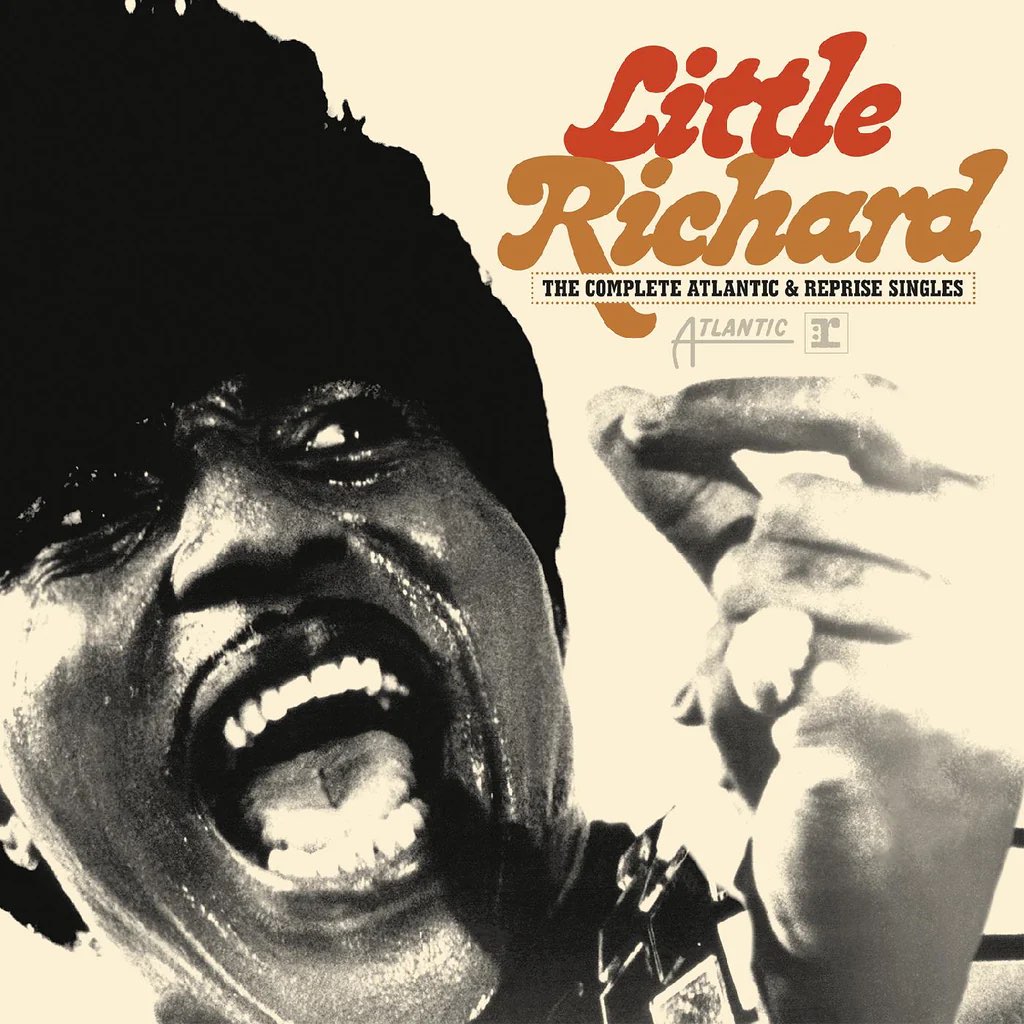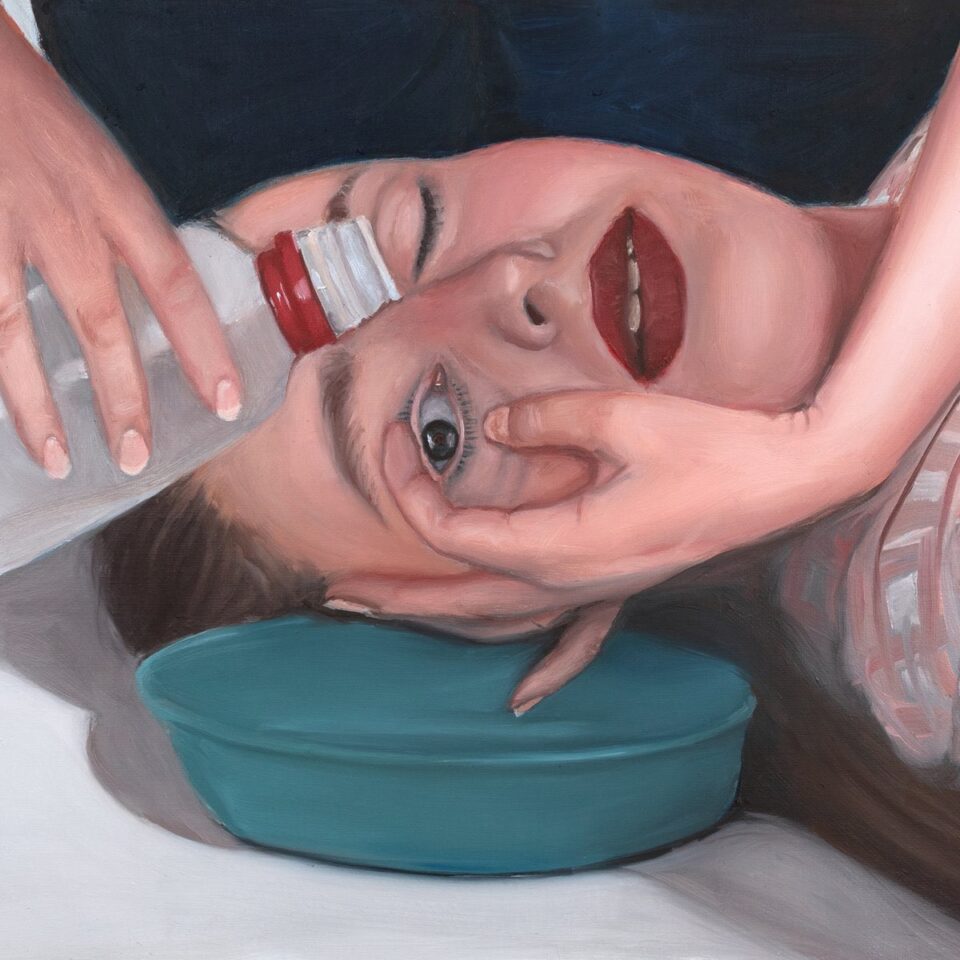Little Richard
The Complete Atlantic & Reprise Singles
REAL GONE
If Little Richard’s highest-haired, pancake-sweatiest, wildest-rocking days were lived at small labels such at Specialty, Vee-Jay, Okeh, and Modern, it was through Atlantic and Reprise—in two separate decades—that the screaming vocalist and hammering pianist attempted hardest to conjure the fire-and-brimstone musicality of which he was an architect at the tail end of the ’50s. Real Gone Music’s first-time collection of Richard’s Atlantic and Reprise 45s presents an artist both hungry and haughtily proud, in full-possession of all that made him mighty (and unique), but willing to put the work in to keep his crown on straight.
The early-’60s Atlantic-licensed pop-soul sides borrow heavily from his fiery church music excursions (Pray Along with Little Richard of 1960) and make heavenly sway of songs such as “Hole in the Wall” and “Travelin’ Shoes.” The Reprise tracks are a different matter altogether. Between 1970 and 1972, Richard worked with Specialty Records producer Bumps Blackwell, the man behind hits such as 1957’s “Tutti Frutti.” More importantly, for the sake of a more contemporary R&B sound, Richard worked with producer-arranger Quincy Jones on more cosmopolitan soul fare such as “Money Is” (from the film The Heist) as well as Aretha Franklin/Otis Redding collaborators Jerry Wexler and Tom Dowd.
While the veneer of songs such as “Lovesick Blues” hold a twangy country allure, the (then) au courant veneer of “Greenwood, Mississippi” and the sociopolitical tang of “Freedom Blues”—to say nothing of a warmer, rougher, somehow more powerful voice than in his past—put this version of Little Richard in league with charting ’70s soul greats such as Al Green and Motown’s best. Who knows if better marketing would have clued the masses in to where Little Richard’s head was in 1973. We’re just lucky in 2023 to have all of his singles (including a rugged take on The Beatles’ “I Saw Her Standing There” ) in one place.







